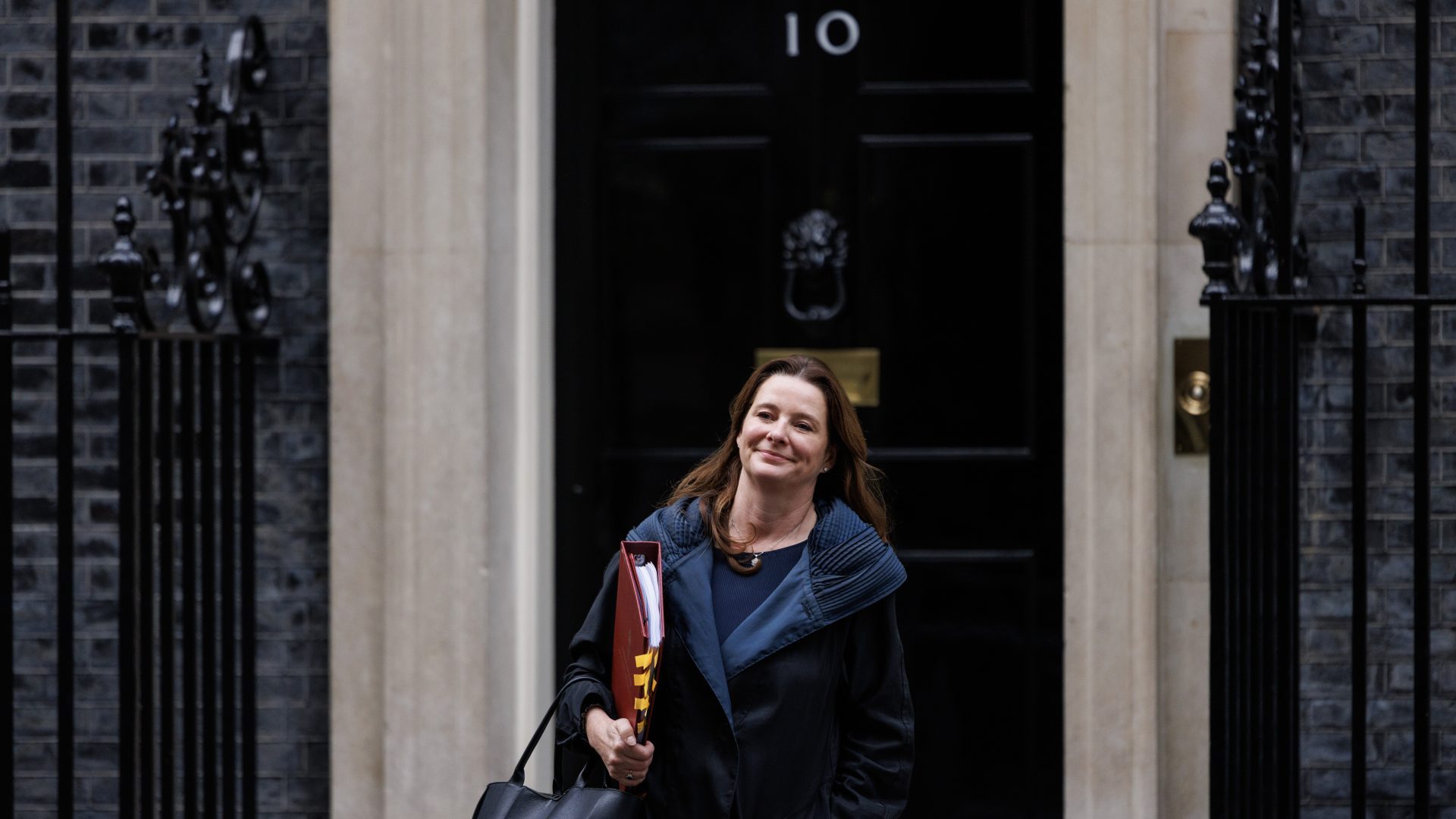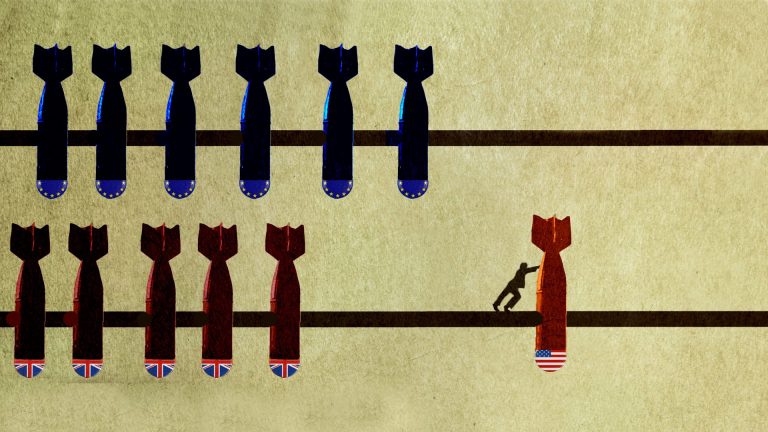Good policy making isn’t unlike trying to make a romantic relationship work. In the former as in the latter, the key to building a good, safe and healthy future is to be honest about what’s in front of you. You can only work with the partner you chose, and whose qualities and flaws you cannot ignore or fundamentally change.
Similarly, there is little point in trying to make laws for the world you wish you were living in, as opposed to the world currently existing. That way madness lies.
Of course, that doesn’t mean that politicians never get tempted to stick their fingers in their ears, sing loudly, then proceed to talk about the version of Britain they’ve invented in their head, and which has little to do with the actual Britain they’re governing.
Take, for example, sex education. Earlier this week, the Times received a leak of the new guidelines which will soon be distributed to schools. According to their source, children will not receive any form of sexual education before the age of 9, aside from some basic information about conception and birth.
At 11, they will be taught about sexual harassment, revenge porn, grooming, stalking and forced marriage, and told that sending naked or sexual images of anyone under 18 is a criminal offence. Finally, at 13, and no earlier, they will receive proper sex education, including contraception, abortion and STIs.
There are a number of problems with this new plan. Firstly, it isn’t entirely clear how teachers will be able to tell 11-year-olds about revenge porn and grooming if they cannot tell those children exactly what revenge porn and grooming entail. It is right that children ought to be kept safe, but the only way to do it is to explain what dangers may actually lie ahead.
Secondly, and perhaps more importantly, these rules were seemingly not built with real children and teenagers in mind. On a purely anecdotal basis, I can tell you that several of my schoolmates were already having sex by the time they were 13. You may think it is far too young, and I would be inclined to agree with you, but they were having it regardless.
These were tweens who would have needed to hear about adequate protection and what happens when you don’t use it before becoming sexually active themselves.
More broadly, the elephant in the room here is the internet. Being some way away from 13, I can only speak for what online culture was like in the early 00’s, but I can tell you that back then, sex was already everywhere. I couldn’t even say for certain when I first encountered online porn, but I am almost certain that it was before turning 11.
At 12, some friends and I, idiots that we were, decided to have a contest to see who could find the most disgusting piece of porn on the internet. I won but cannot tell you how; the video in question was so gory, so grim that even vaguely describing it would make this piece unfit for a family newspaper.
Luckily for me, I had a mother who’d taken it upon herself to teach me about sex from a young age. Her explanations were always age-appropriate, occasionally euphemistic when needed, and focused on what respectful relations could and should look like.
As a result, I was able to look at all this terrible, incredibly graphic stuff on the computer while safe in the knowledge that it wasn’t what real life sex looked like. Of course, the problem here is that not everyone has a mother like mine, and many children have to rely on schools to tell about the birds and the bees.
What will happen to them if they encounter all forms of violent, degrading, weird porn years before being taught about what a healthy, real life sex life looks like? It isn’t hard to understand the government’s impulse to protect children, and keep them safe from things that they may not be able to understand yet.
That doesn’t mean that they should ignore the real, actual environment those children are growing up in. Refusing to tell 12-year-olds about sex doesn’t mean they will not encounter it, and remain pure of heart until they are ready. That they seemingly believe this to be the case means that they aren’t fit to govern in the real world.










